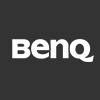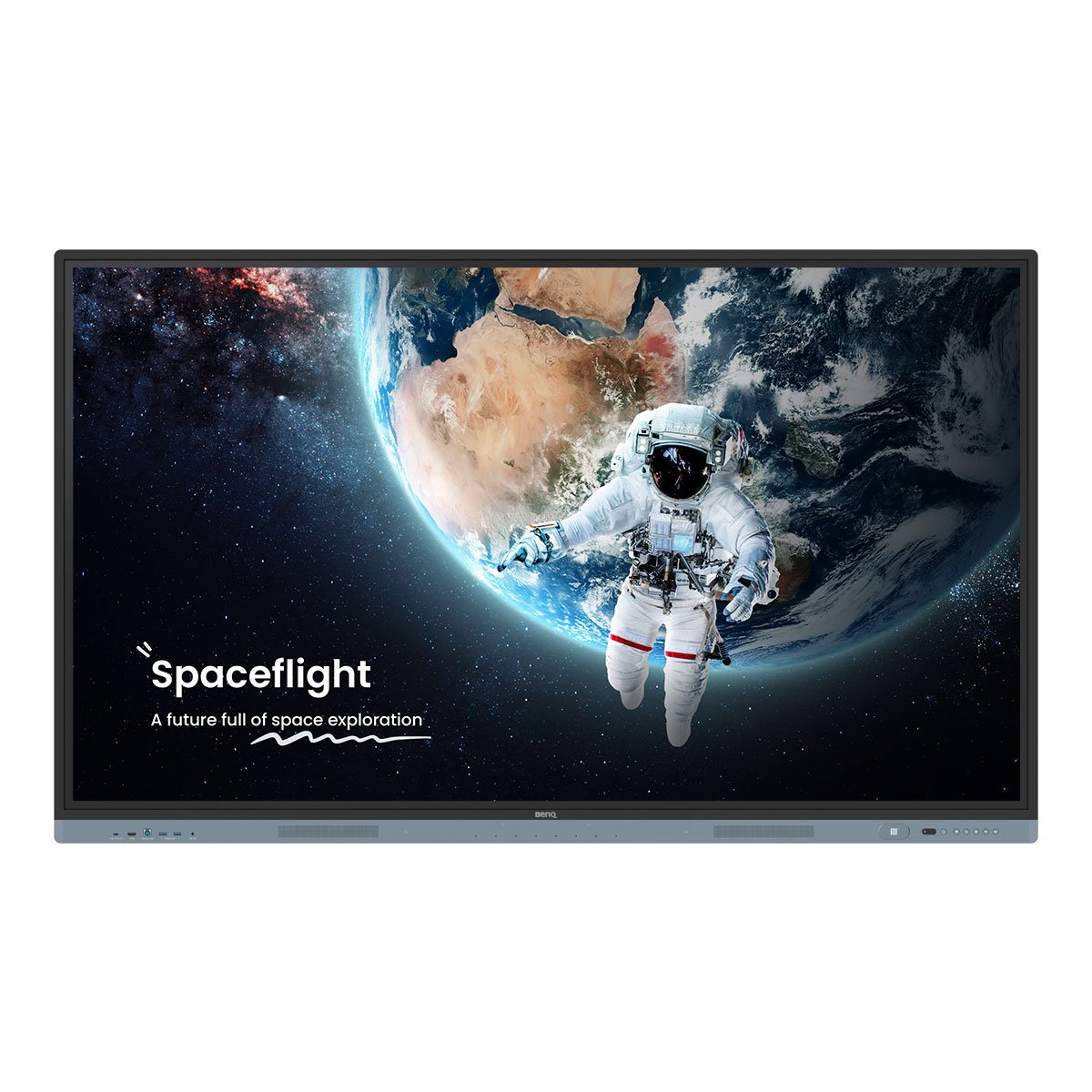About the Class
As part of their 2019 doctoral training program, the University College London (UCL) Department of Science, Technology, Engineering and Public Policy (STEaPP) held workshop-style classes designed to help doctoral students develop the necessary skills required for future research and employment.
For her workshops, Dr. Inee Steenmans wanted her students to bridge the gap between policy theories and actual practice. To do this, she incorporated storytelling as a way for her students to find possible solutions to real public policy issues related to their field of research.
She designed her workshops to be free-flowing and learner-centered. “We tend to run those sessions in a roundtable format,” she explains. “We have a slide presentation component, and then a lot of it is discussion, honing on certain points that some of the doctoral candidates would find useful.”
Teaching with a traditional classroom setup
Teaching with the BenQ Board
The Challenge
Prior to using the BenQ Board, Dr. Steenmans relied on a laptop and projector to present the framework for the exercise. Students would use this as a jumping point for their discussions. As they began contributing their ideas, she would then move to the whiteboard to track the development of the conversation by sketching diagrams and jotting the story details as they developed.
Although this proved to be a highly engaging active learning activity, the way they had previously rolled it out presented a couple of limitations. First, there was the issue of Dr. Steenmans having to keep switching between her laptop and the whiteboard to facilitate the discussion. Second, there was the issue of them running out of whiteboard space.
Every time they filled up the board with their ideas, they had to pause the session so that they could erase everything and continue. They either had to remember what was written down or photograph the board so they could resume the ongoing story from where they left off. These frequent interruptions significantly disrupted the flow of their discussions.
“It's a nice way to enhance something rather than disrupt, fundamentally, how things are run.”
BenQ Solutions
Needing something to make her workshops flow smoothly, Dr. Steenmans took advantage of one of UCL’s recently acquired BenQ Boards. Dr. Steenmans found that it was ideal for her class after testing the board out for herself. Its intuitive design and features like the EZWrite whiteboard provided her convenient ways to present her slides and annotate without having to use different hardware. Everything was all on one screen.
“Depending on where the conversation went, I switched between the presentation mode to then actually using it as an interactive whiteboard,” she says.
On whiteboards, narratives have to be erased before you can continue
On interactive displays, you can continue narratives by adding pages
The Results
With all the tools she needed on one large touchscreen, the storytelling exercise became a seamless, engaging experience. A major advantage of using EZWrite is how expansive the canvas is. Dr. Steenmans was able to keep adding new pages when they needed to extend the workspace. Because they eliminated trivial tasks like erasing whiteboards to free up space, her students’ focus was fixed on the narrative they were building.
“Cognitively, you're allowing students to not have to keep track of a whole bunch of information. [They] immediately just have their full attention on everything iteratively building up,” she says.
More than that, she notes how using the BenQ Board feels natural: “I think what's really interesting is that it didn't feel like it was a very different experience at all, which to me is quite important… It's a nice way to enhance something rather than disrupt, fundamentally, how things are run.”
A version of this case study appears in our research paper, Active Learning in the 21st Century Classroom.

